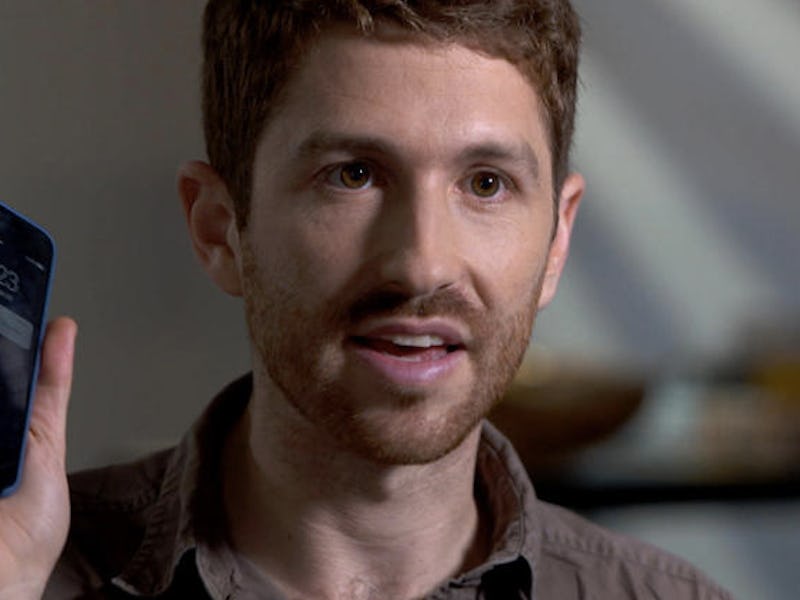Tech Insiders Explain How Apps Control Our Brains on ‘60 Minutes’
"Every time I check my phone, I'm playing the slot machine."

Scrolling, bursts of likes, and incentives like Snapchat streaks may seem like innocuous features within your favorite apps, but they’re actually designed to make you completely addicted to your smartphone.
“This thing is a slot machine,” Tristan Harris says, gesturing to his iPhone during a 60 Minutes segment that aired Sunday.
As a former Google product manager, Harris would know. He started out as a Silicon Valley entrepreneur and then spent three years at Google, during which time his anxiety about the way that apps eat up our attention grew and grew. He feels that tech companies have gained an inordinate amount of power through apps to affect our quality of life.
“Inadvertently, whether they want to or not, they are shaping the thoughts and feelings and actions of people,” Harris says. “They are programming people. There’s always this narrative that technology’s neutral. And it’s up to us to choose how we use it. This is just not true. They want you to use it in particular ways and for long periods of time. Because that’s how they make their money.”
After attempting to get Google on board with finding ways to avoid cheaply manipulating our attention — what he calls the “race to the bottom of the brainstem” — he left the company to travel around the country and give talks on how apps need to be better designed to actually improve our lives instead of just using up our time.
Some of the ways that apps captivate our attention are truly stunning. Ramsay Brown founded a company called Dopamine Labs that writes code for apps with the aim of provoking neurological responses from users. He told 60 Minutes how Instagram, for example, doles out bursts of likes in sudden rushes to elicit positive reactions from its users.
“There’s some algorithm somewhere that predicted, ‘Hey, for this user right now who is experimental subject 79B3 in experiment 231, we think we can see an improvement in his behavior if you give it to him in this burst instead of that burst,’” Brown says.
Brown also mentioned how the continuous scroll function of Facebook has been proven to keep users plugged into the site for longer, scrolling endlessly for something they’ll like.
In fact researchers have found that we’re now so addicted and dependent on our phones for dopamine that most of us have actually developed anxiety that can only be quelled by reengaging with our apps. When we put down the phone, our brain signals the adrenal gland to produce a burst of the hormone cortisol, which is synonymous with stress. From that point, we can only relieve our anxiety by picking up the phone again.
To learn more about how how apps are manipulating our brains and the tech insiders that are trying to change that, watch the entire 60 Minutes segment here.